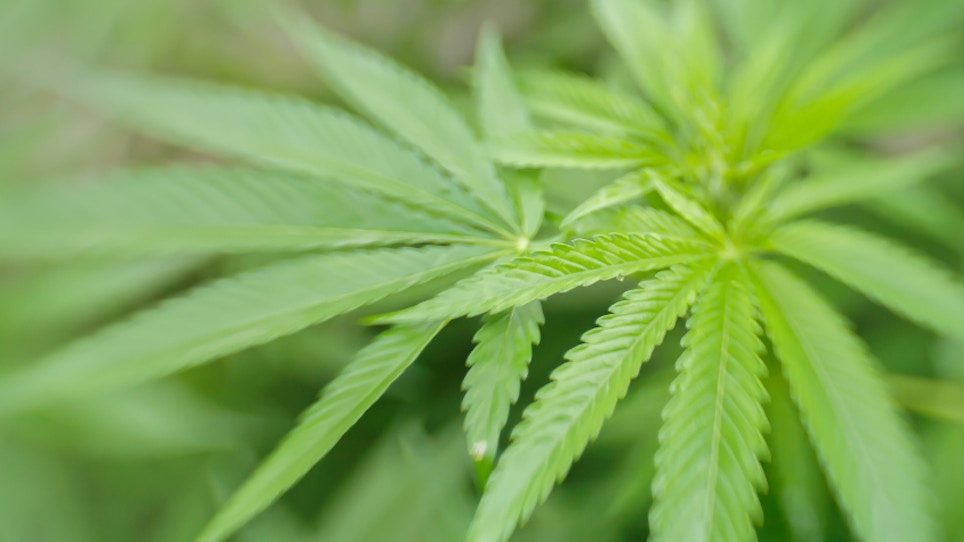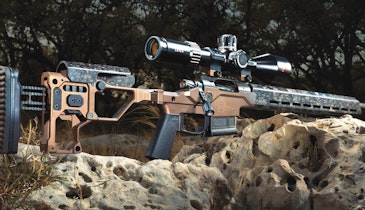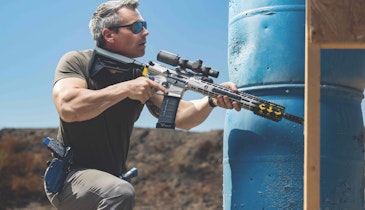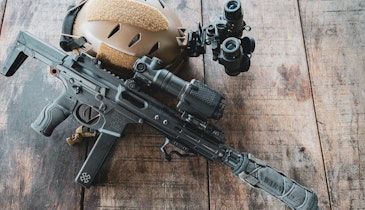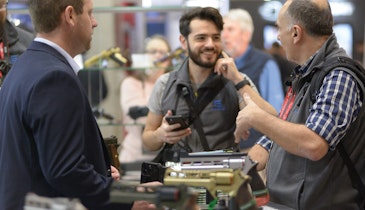What would Dirty Harry have to say about an arrangement in which police partner with marijuana merchants in a gun buyback program?
At least as perverse as it is diverse, San Francisco, California, continues to put its own special brand onto things, including a situation where cops and pot peddlers unite to take guns out of citizen circulation.
That’s the way it was in March when 91 firearms were collected in a buyback effort that saw police and medical marijuana dispensaries allied in the joint (pun intended) effort.
During 2014, similar buyback efforts resulted in 250 guns being turned into police, followed by nearly 100 in March of this year.
At best, such buybacks are symbolic and have meaning only to those who want to feel good about the efforts. In fact, they do not halt violence or the criminal misuse of firearms since the criminals aren’t the ones turning in guns — except perhaps those who want to divest themselves of a gun they have criminally misused or have stolen somewhere and have learned that there is no other place to peddle it without creating even more problems for themselves.
Or are there similar background checks and mandatory waiting periods for those turning in the guns in these buybacks as there are for those who want to purchase guns in that city and state?
The real perversion in this scenario is the underlying and unstated proposition that pot is good and guns are bad. If so, then cops would do better to carry a reefer in a holster rather than a pistol, would they not?
I suppose there are those in society who might suggest that Ferguson, Missouri, would still be intact had the police officer there responded to an attack against him with a joint rather than a gun. Or that the best way to combat ISIS might be to air-drop mega-tons of marijuana rather than smart bombs. Kind of an interesting twist on concepts: turn the stoners into stonees.
All of this is theatre of the absurd to say the least. Such muddled thinking, accompanied by insane actions, tends to confuse individuals and society as a whole into thinking that good is bad and bad is good. For them, there is no right or wrong — just shades of gray between amorphously ill-defined extremes. The strategy, of course, is to dismantle society by removing critical threads in the fabric, one strand at a time.
Societies are fascinating. By definition, society is the mechanism that guarantees survival of the unfit.
Historically, societies tended to exhibit some form of balance. In recent times, however, that is not necessarily so. For example, historically society defaulted to the achievers, yet maintained a place for losers.
Recently, society finds itself defaulting to the losers at the expense of the achievers. Again, it is the upside-down syndrome. It is like putting the inmates in charge of the asylum.
Which brings us back to San Francisco, a city that has a fabled history riddled with conundrums and non sequiturs. To witness just one: “The coldest winter I ever spent was a summer in San Francisco,” a quotation loosely attributed to Mark Twain.
From the honeycomb of tectonic plate faults deep down in the earth beneath it, to the fog that routinely and ephemerally shrouds it from above, San Francisco is an anathema.
And so it is fitting that San Francisco would be the kind of a place where police and pot peddlers illogically would join forces to buy firearms from the citizenry, touting the activity as socially responsible.
Which sparks the question: Are those guns taken from citizens being removed from the hands of pot smokers? I have not found that question posed anywhere else with regard to the buyback program. No one else has asked because any answer would be cloudy at best.
It is easy to understand the motivations of the purveyors of pot, but what about the police?
First, it is difficult to imagine what it must be like to be a serious law enforcement officer in a city like San Francisco in the first place. No doubt there are members of the police force there who are as serious and dedicated as any in the country.
But, wow! To have to try to function in that role in that place with that citizenry is a wonderment. Come to think of it, given so many other things that are bizarre about that place, I guess maybe a coalition of pot peddlers and police is not so bizarre.
There is no need to burn up brainpower pondering the police in San Francisco question, come to think of it. Hollywood has explored that matter definitively via the Dirty Harry movie series starring Clint Eastwood.
Eastwood’s character, of course, was a rough but traditional kind of hard-boiled cop, trying to function in a department and city that had gone socially haywire. Even given such an understanding, it would be stretching quite a bit to imagine Dirty Harry joined in two-part harmony with reefer retailers, singing and dancing to a slightly modified version of Bringing in the Sheaves.
Yes, if viewed through the lens of relativity, maybe what is going on there in this matter is both understandable and routine? Or not.
